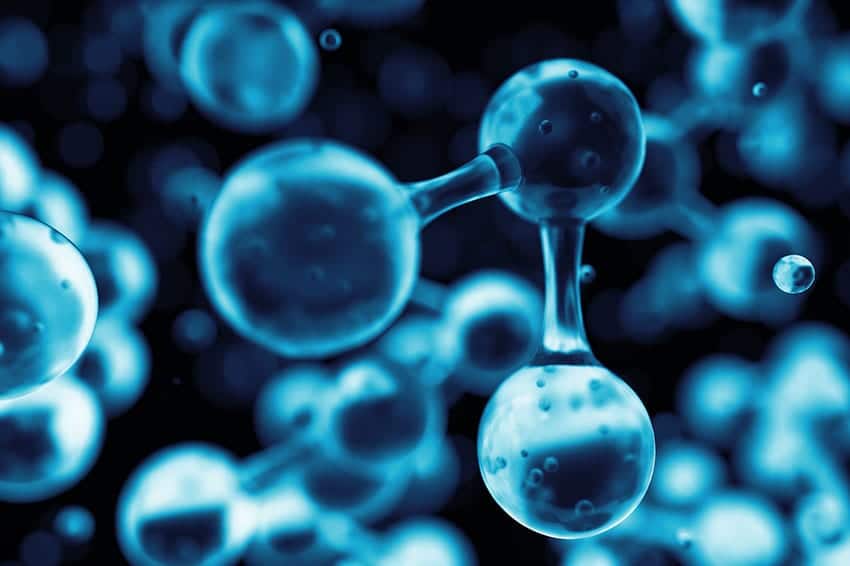Anti-aging skincare products and which ones to use can be overwhelming. We often wonder what’s going to work the best and give me the results I desire. Let’s make it a little more manageable with a few quick points to help you understand and select products that will deliver truly noticeable results.
Key ingredients in anti-aging skincare products that receive top accolades include retinol, antioxidants, and hyaluronic acid. These are anti-aging powerhouses that help skin act and look younger. Retinol helps the skin produce more collagen and increases skin’s elasticity. Antioxidants help reduce free-radical damage, which leads to visible signs of aging. And hyaluronic acid helps the skin retain water, therefore, promoting plump, moisturized skin.
What about peptides?
Many skin care products contain them, sometimes in combination with retinol and antioxidants. Topical peptides are designed to help slow the aging of your skin and reverse signs of aging you already have.
Peptides and their role with collagen production
Peptides are amino acids that serve as building blocks for new collagen and elastin in our skin. Peptides act as signaling mechanisms telling the body to produce more collagen.
Collagen lies in the dermis, just below the outer layer of our skin, which makes up about 80% of our dermis. Collagen is responsible for giving your skin a firm, smooth look and radiant glow.
When we are young, we produce collagen at a high rate. As we age, the rate of collagen production slows. After age 30, our body produces an average of 1% less collagen each year. As our collagen production slows, we begin to notice wrinkles, a dull complexion, skin discoloration, dehydration, and loss of firmness.
With aging aside, there are behavioral and environmental reasons your collagen breaks down, which you can control. These include exposure to UV rays, whether due to tanning bed use or exposure to the sun without proper sunscreen protection. Smoking can also lead to collagen deterioration.
How can I encourage collagen production?
When peptides are applied topically, they send signals to the body to repair itself by producing collagen and even hyaluronic acid. The main peptides you will find in skincare products include pentapeptides, tetrapeptides, hexapeptides, and copper peptides. One of the most popular peptides found in skincare products is Matrixyl (palmitoyl-pentapeptide) which helps:
- Reduce wrinkles
- Increase skin firmness
- Improve moisture retention
How do I find the most effective topical peptide?
Look for medical-grade product lines that back their products with scientific studies. A great peptide product to use is one in a serum formula, which typically contains a high concentration of peptides. Three great ZO Skin Health products containing peptides include Daily Power Defense, Wrinkle+Texture Repair, and Growth Factor Serum. These powerhouse products also contain antioxidants and in Wrinkle+Texture Repair, both antioxidants and hyaluronic acid.
How long will it take to see results?
For the most part, visible results will take time as the peptides do their work. You can start to see results in as early as four weeks. If you use peptides for six months to a year, you will notice the difference when you stop using them.
You may already be noticing wrinkles, loss of elasticity, and dull skin. It’s never too late to begin an anti-aging skincare routine to improve your skin. Call us today to discuss which peptides products will be best for you.

